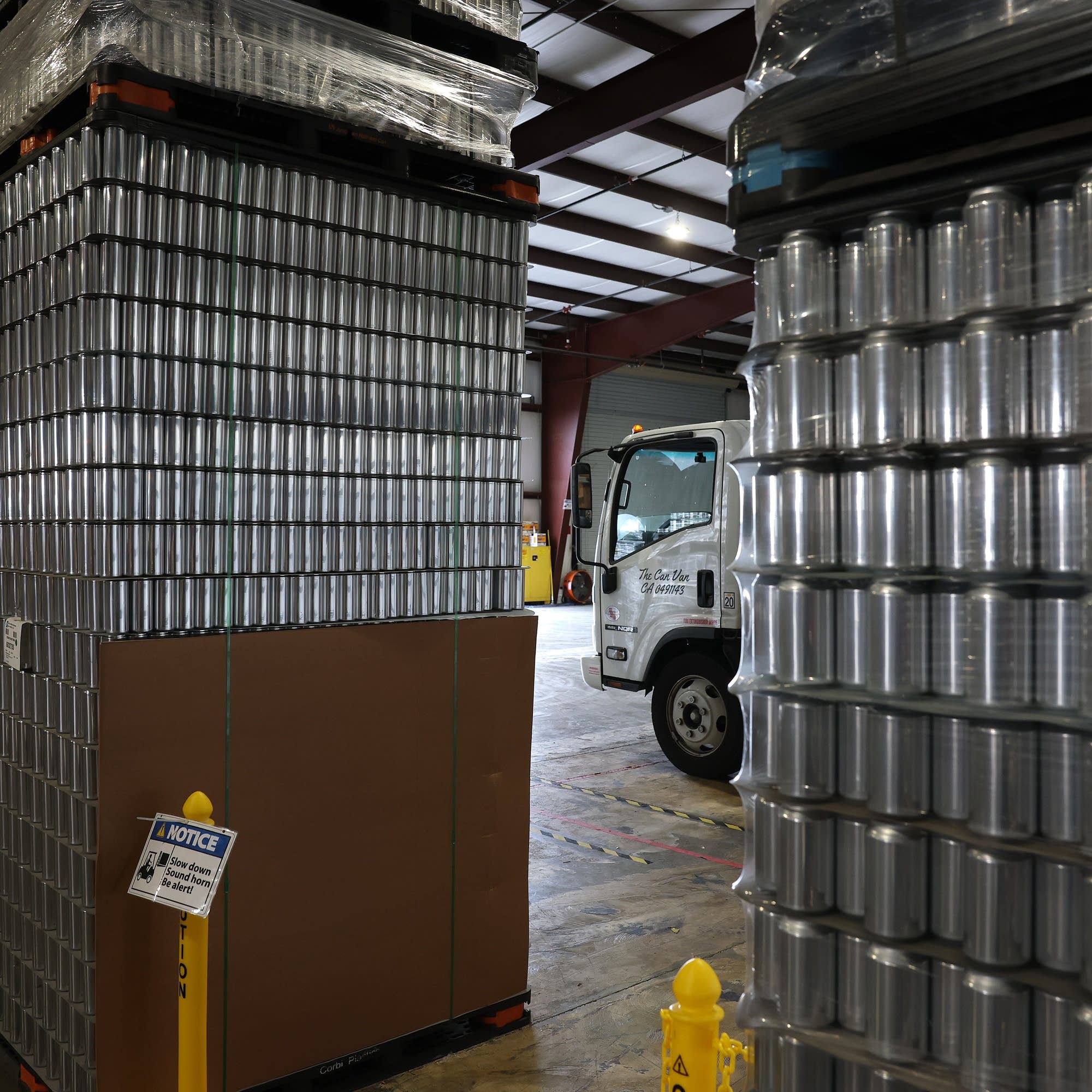
🤖 AI Summary
Overview
This episode explores the economic disconnect between consumer and producer prices, the challenges of automated hiring processes, the impact of New York City's broker fee ban, and the regional disparities in the U.S. oil refining industry. It also highlights grassroots community efforts like the Free Black Women's Library.
Notable Quotes
- If these are no better than random number generators, I think we should be explicitly using random number generators.
– Arvind Narayanan, on the inefficacy of AI in hiring.
- The price your grocer is paying to source your veggies was up a whopping 38.9%.
– Kai Ryssdal, on the sharp rise in wholesale vegetable prices.
- Whether you are making six figures or whether you're making nothing, it does not matter.
– Ola Ekimowo, on the accessibility of programs at the Free Black Women's Library.
📈 The Disconnect Between Consumer and Producer Prices
- The Producer Price Index (PPI) rose 3.3% year-over-year, with a 9/10% increase from June to July, the largest monthly jump in three years.
- Key drivers include rising costs in food, metals, financial services, and freight transportation.
- Businesses are hesitant to pass these costs to consumers due to competitive pressures and uncertainty about tariff longevity.
- Wholesale vegetable prices surged 38.9%, attributed to factors like climate change, labor shortages, and tariffs on imported produce.
🤖 The Dehumanizing Impact of Automated Hiring
- Job seekers face increasingly impersonal hiring processes, including AI-driven resume filters, personality assessments, and bot interviews.
- Applicants like Jackie report applying to hundreds of jobs with minimal human interaction, leading to frustration and disillusionment.
- Experts argue that AI systems often fail to predict job performance accurately and may introduce new biases.
- Some suggest random selection for qualified candidates as a fairer alternative to opaque algorithms.
🏙️ New York City's Broker Fee Ban
- A new law shifts the responsibility of broker fees from tenants to landlords, reducing upfront costs for renters.
- Initial fears of rent spikes proved temporary, with the market stabilizing after a brief adjustment period.
- Landlords face rising costs, including property taxes and maintenance, which may eventually lead to higher rents.
- Tenants like Katherine Crawford saved thousands in upfront costs under the new system.
🛢️ Regional Disparities in U.S. Oil Refining
- Refining success depends on access to crude oil, regulatory environments, and local demand.
- Gulf Coast refiners thrive due to proximity to the Permian Basin and export markets in Latin America.
- Midwest refiners benefit from Canadian crude oil pipelines and slower electrification of farming equipment.
- East and West Coast refiners struggle with limited crude supply and stricter regulations, particularly in California.
📚 Grassroots Community Initiatives
- The Free Black Women's Library in Brooklyn, founded by Ola Ekimowo, provides free access to books and workshops.
- Initially a mobile library, it now operates from a storefront funded entirely by community donations.
- The library emphasizes accessibility, ensuring programs are free regardless of participants' income levels.
- Overcrowding at events highlights the need for a larger space to accommodate growing demand.
AI-generated content may not be accurate or complete and should not be relied upon as a sole source of truth.
📋 Episode Description
Earlier this week, the July CPI report showed consumer prices remained steady, despite tariff noise. Today’s producer price index tells a different story: Wholesale prices grew a whopping 3.3% year-over-year. When might retailers pass those higher costs on to consumers? We break it down. Plus: Automated applications sow pessimism among job hunters, New York City marks two months of a ban on tenant-paid broker fees, and U.S. oil refineries face regionally different outlooks.
Every story has an economic angle. Want some in your inbox? Subscribe to our daily or weekly newsletter.
Marketplace is more than a radio show. Check out our original reporting and financial literacy content at marketplace.org — and consider making an investment in our future.
